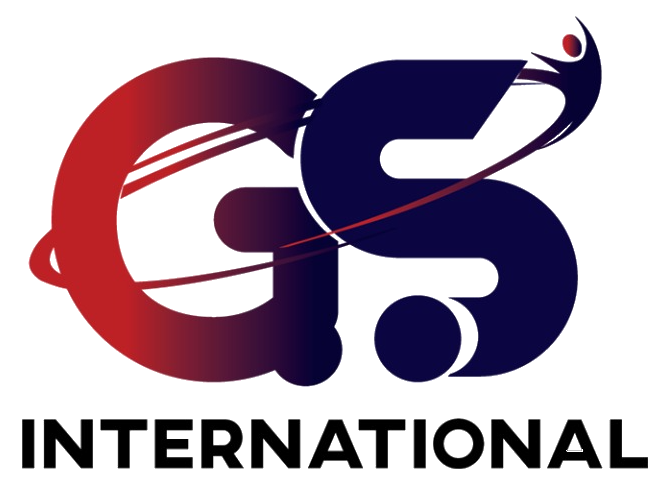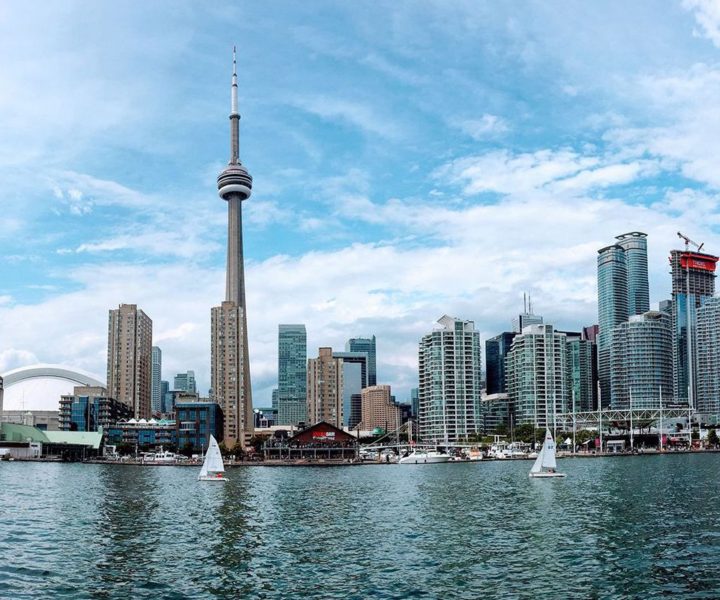Canada announced various new border measures that will go into effect by the end of this month.
From November 30, Canada will expand the COVID-19 vaccines travellers can get to be deemed fully vaccinated, as per the public announcement from the government. Sinopharm, Sinovac, and COVAXIN will be added to the list of approved manufacturers, such as Pfizer, Moderna, Astra Zeneca, and Johnson and Johnson.
On January 15, 2022, exempt travellers will be permitted to enter the country only if they are fully vaccinated on one of the approved vaccines. The list of exemptions includes:
- Family people who are Canadian permanent residents and those who the Indian Act registers;
- International students aged 18 and over;
- Athletes;
- job permit holders, not excluding those employed in agriculture and food processing and
- essential service providers, for example, truckers.
As soon as the new regulations are in place, individuals who aren’t vaccinated or only partially vaccinated will only be able to access Canada if they qualify for an exemption. Exempt specific groups include:
Food processing and agricultural personnel and marine crew members.
Individuals travelling for compassionate reasons.
Newly permanent residents.
Refugees resettling.
Children who are younger than 18.
Travellers who are not required to have a complete vaccination, however, are still subject to testing, quarantine, and other entry conditions. Anyone not vaccine-free and under the exemptions is not allowed to enter Canada.
As of November 30, fully vaccinated Canadian citizens and permanent residents can return to Canada without having a COVID-19 test when their travel time is under 72 hours. Canadian travellers who are away for more than 3 days will be required to take a positive pre-arrival PCR test prior to their return.
Last week, Prime Minister Justin Trudeau told U.S. lawmakers that Canada has a plan to take an approach that will be three-phased to remove the requirement that travellers give border officials A PCR test, according to the Globe and Mail reports. The next phase is likely to impact U.S. travellers. Testing measures are expected to ease travel restrictions for those worldwide.
The U.S. recently rolled down restrictions on Canadians travelling across the border due to other reasons that are not essential. Travellers who had been fully vaccinated were not required to take tests when they entered Canada from the U.S. but would need proof of vaccination to travel into Canada.
For several weeks, experts have been urging the Canadian government to look into getting rid of the costly COVID-19 testing requirement for fully vaccinated travellers who are travelling for short periods. The primary reason is that the tests can be expensive, usually between $150 and $300 and are often challenging to carry out when the stay is not extended. According to many people, like those who travel frequently for work, this can make it extremely expensive to travel between two countries.
The Canadian Chamber of Commerce issued a declaration on November 17 urging Canada to eliminate the requirement for a pre-departure PCR test for travellers who have been vaccinated.
“Getting rid of outdated and outdated travel regulations will allow Canadian businesses to return to their jobs – and be competitive,” Perrin Beatty, president and CEO of the Chamber of Commerce, said in the press release.

